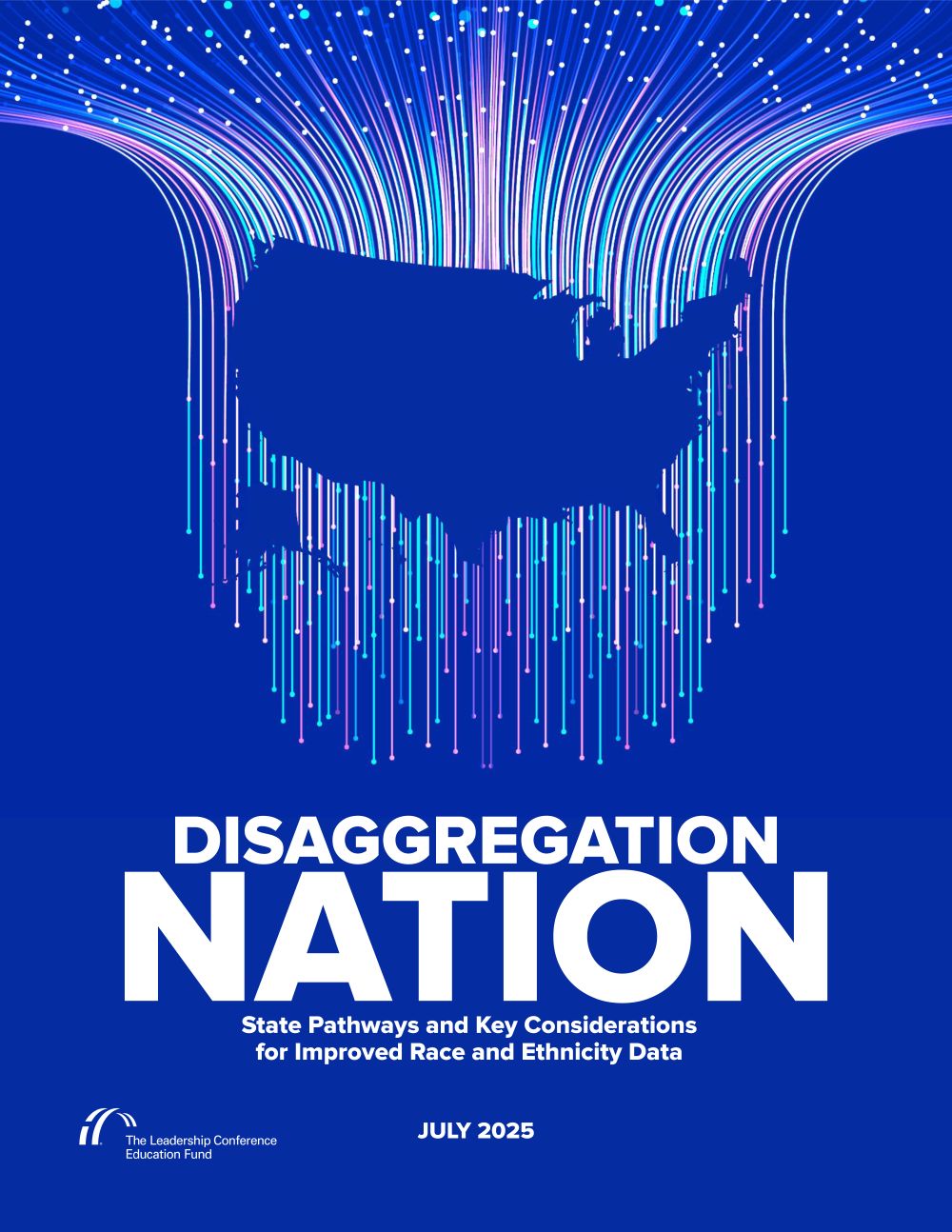Laws
Oregon Requires the Collection of Disaggregated Data for More than 70 Race and Ethnicity Categories (Oregon Health Authority and Department of Health Services)
In 2021, Oregon adopted the “Race, Ethnicity, Language, and Disability Demographic Data Collection Standards” (REALD) law, codified at 950-030. In 2024, Oregon expanded the law to cover additional race and ethnicity categories, and to add collection standards for sexual orientation and gender identity (SOGI) data. The law requires health care providers and the Oregon Health Authority and Oregon Department of Human Services to collect REALD and SOGI information.
For REALD data collection, individuals must be asked an open-ended question: “How do you identify your race, ethnicity, tribal affiliation, country of origin, or ancestry?,” or “Which of the following describes your racial or ethnic identity? Select all that apply and enter additional details in the spaces below.” The law requires, at a minimum, the following race or ethnic identity data collection options. These categories are designed to aggregate to existing federal reporting categories.
American Indian and Alaska Native – Provide details below:
- Alaska Native
- American Indian
- Canadian Inuit, Metis or First Nation
- Indigenous Mexican, Central American or South American
- Enter details, for example, Inuit or Haida, Confederated Tribes of Siletz Indians, Navajo, Aztec, Maya, etc. (with open text box)
Asian – Provide details below:
- Afghan.
- Asian Indian.
- Cambodian/Khmer.
- Chinese.
- Communities of Myanmar.
- Filipino/a.
- Hmong.
- Indonesian.
- Japanese.
- Korean.
- Laotian.
- Pakistani.
- South Asian.
- Taiwanese.
- Thai.
- Vietnamese.
- Enter details, for example, Mongolian, Malaysian, Uzbeks, etc. (with open text box).
Black and African American – Provide details below:
- African American.
- Afro-Caribbean.
- Ethiopian.
- Haitian.
- Jamaican.
- Nigerian.
- Somali.
- Enter details, for example, Trinidadian, Ghanaian, Congolese, etc. (with open text box).
Hispanic and Latino/a/x/e – Provide details below:
- Afro-Latino/a/x/e.
- Central American.
- Cuban.
- Dominican.
- Guatemalan.
- Mexican.
- Puerto Rican.
- Salvadoran.
- South American.
- Enter details, for example, Colombian, Honduran, Spaniard, etc. (with open text box)
Jewish – Provide details below:
- Ashkenazi.
- Sephardi.
- Enter details, for example, Mizrahi, etc. (with open text box).
Middle Eastern/North African/SWANA – Provide details below:
- Egyptian.
- Iraqi.
- Iranian.
- Israeli.
- Lebanese.
- Palestinian.
- Syrian.
- Turkish.
- Enter details, for example, Moroccan, Yemeni, Kurdish, etc. (with open text box).
Native Hawaiian and Pacific Islander – Provide details below:
- CHamoru (Chamorro).
- Communities of the Micronesian Region.
- Fijian.
- Marshallese.
- Native Hawaiian.
- Samoan.
- Tongan.
- Enter details, for example, Chuukese, Palauan, Tahitian, etc. (with open text box).
White – Provide details below:
- English.
- German.
- Irish.
- Italian.
- Polish.
- Romanian.
- Russian.
- Scottish.
- Slavic.
- Ukrainian.
- Enter details, for example, French, Swedish, Norwegian, etc. (with open text box).
- Additional categories: Another category not listed. Specify: (with open text box).
A person or entity requesting data must:
- Instruct individuals, either in writing or verbally, that more than one racial or ethnic category may be chosen.
- If multiple categories of race or ethnicity are chosen, ask an individual an additional question regarding their primary racial or ethnic affiliation.
More information on the REALD and SOGI law is available from the state of Oregon website.

